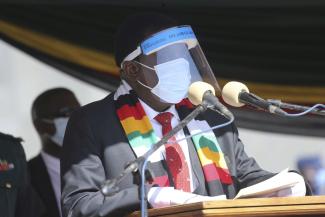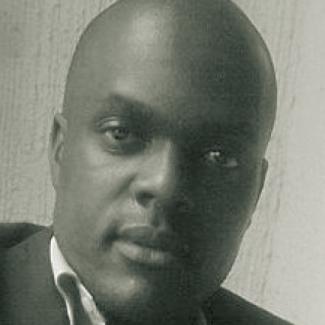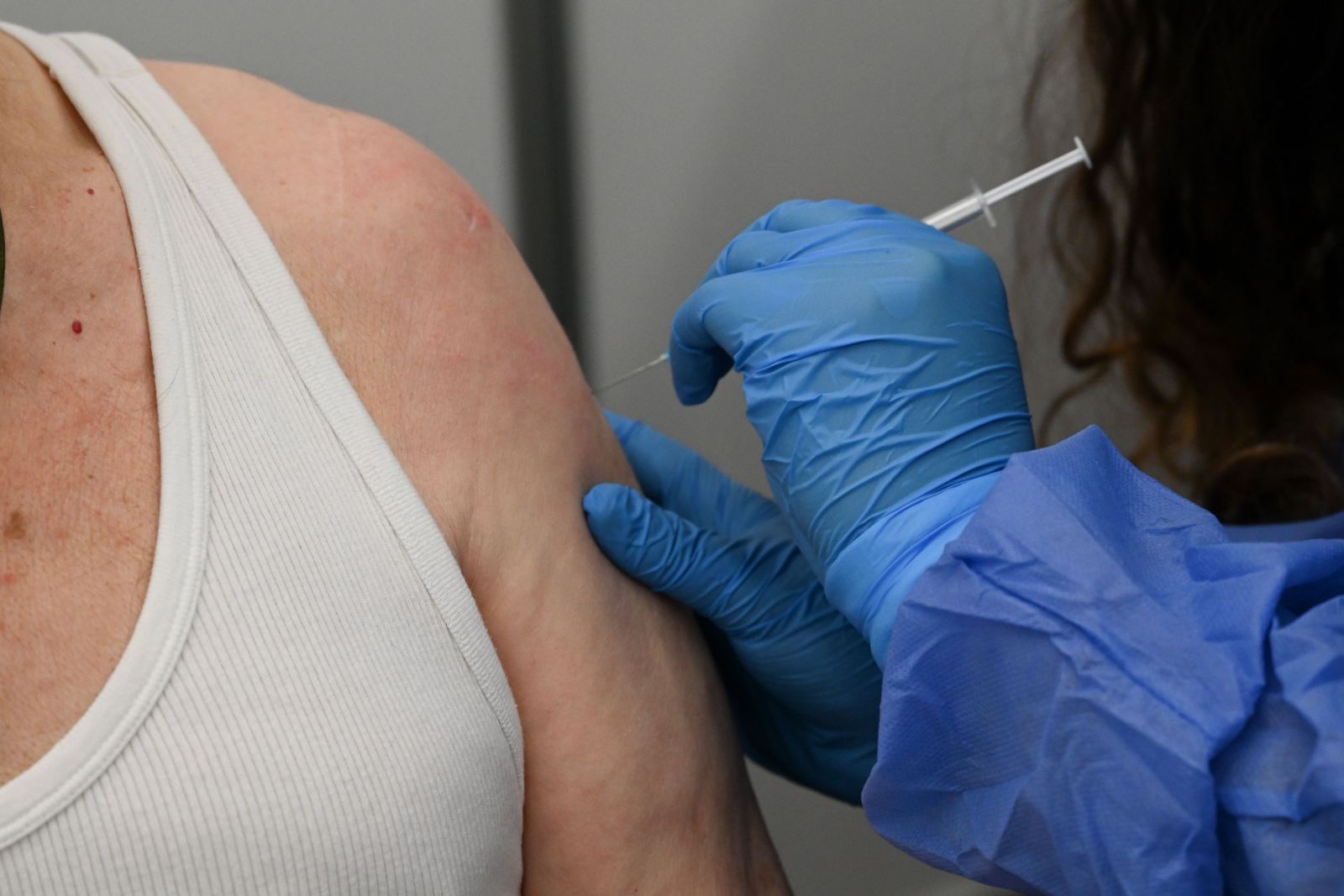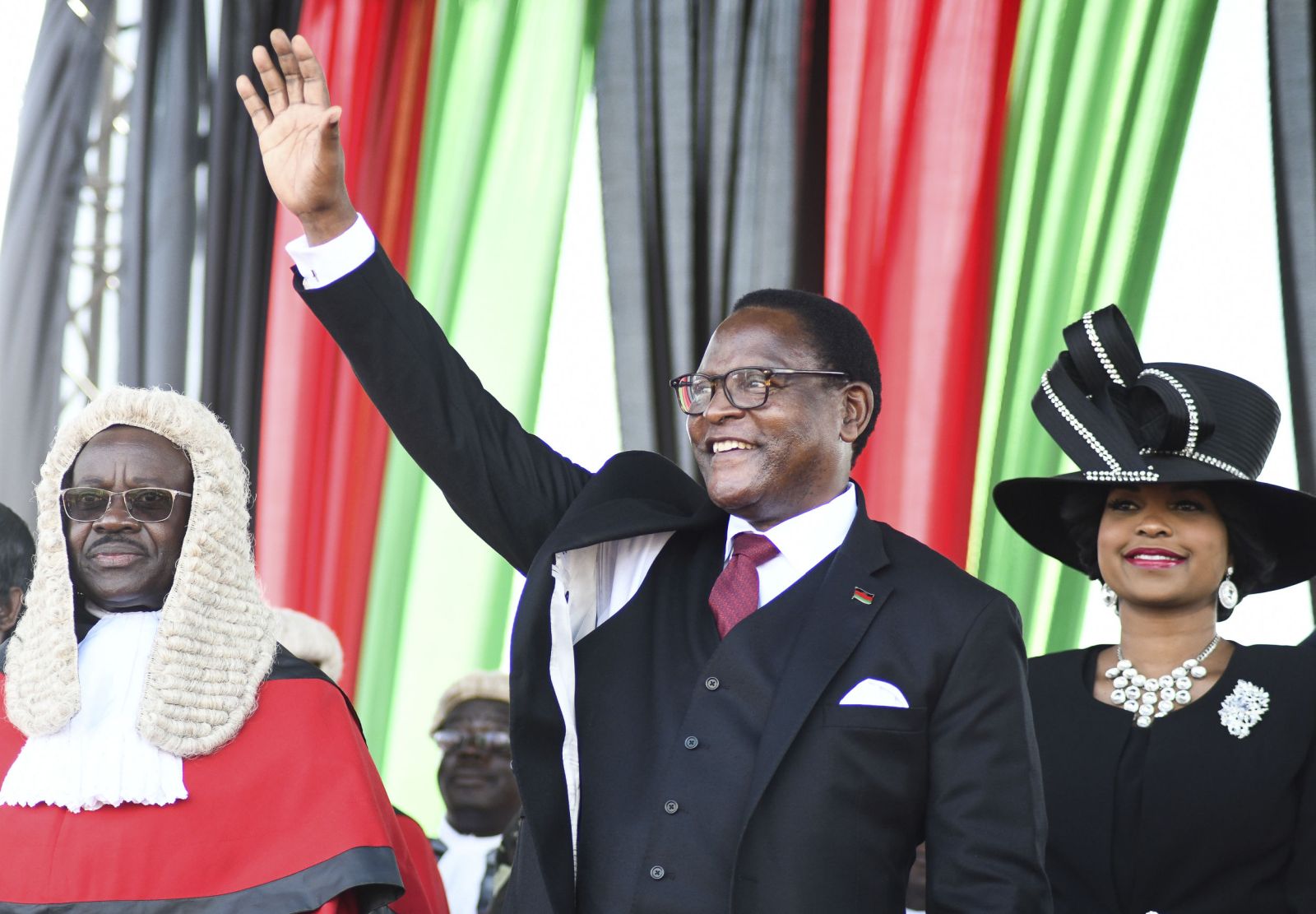Governance
Suppressing dissenters during lockdown

Hopewell Chin’ono is an award-winning journalist. The latest scandal he uncovered concerned Zimbabwe’s health ministry and the misuse of Covid-19 funding. In July, the president fired the health minister. A little later, on 20 July, police broke into Chin’ono’s house and arrested him. After 45 days in prison, he was recently granted bail: $ 120. He stood accused of inciting public violence, not least because he endorsed a call to protest on 31 July in spite of lockdown. The protest never took place. His lawyer says he is ill and needs medical care.
Other opposition activists have experienced detention too. One of them is Jacob Ngarivhume, who also recently got bail. He tried to organise the 31 July protest. Others are Cecilia Chimbiri, Netsai Marova and Joana Momombe. The three youth leaders of the opposition party MDC Alliance were abducted from police, beaten and rearrested. They suffered multiple injuries. They are accused of having infringed on the lockdown by protesting.
According to the government, the lockdown serves to fight the spread of Covid-19. Activists see a malign angle however. Owen Dhliwayo, a prominent human-rights defender, says that the government has “taken advantage of the presence of coronavirus to bar anti-government protests”. In his eyes, the novel coronavirus is “providing a cover for human-rights violations”.
Diplomats from major western countries agree. On 20 August, several western embassies issued a joint statement, pointing out: “COVID-19 must not be used as an excuse to restrict citizens’ fundamental freedoms. Freedom of the press, of opinion, of expression and of assembly are all universally recognised human rights and are guaranteed by the Zimbabwean Constitution.” The heads of mission involved were from Britain, Canada, Germany, the Netherlands, Norway, Poland and the USA.
While Zimbabwe’s government denies it has done anything wrong, its critics feel reminded of the abusiveness that marked the rule of Mugabe, the independence leader and strongman who was in power from 1980 to 2017 and died last year.
Dewa Mavhinga, who is the southern Africa director of Human Rights Watch insists that Zimbabwe’s government must not dismiss claims of rights abuses. It must investigate them.
Link
Embassies’ statement:
https://zw.usembassy.gov/joint-statement-from-the-heads-of-missions-of-canada-germany-the-netherlands-norway-poland-the-uk-and-the-usa/
Jeffrey Moyo is a journalist who lives in Harare, Zimbabwe.
moyojeffrey@gmail.com












